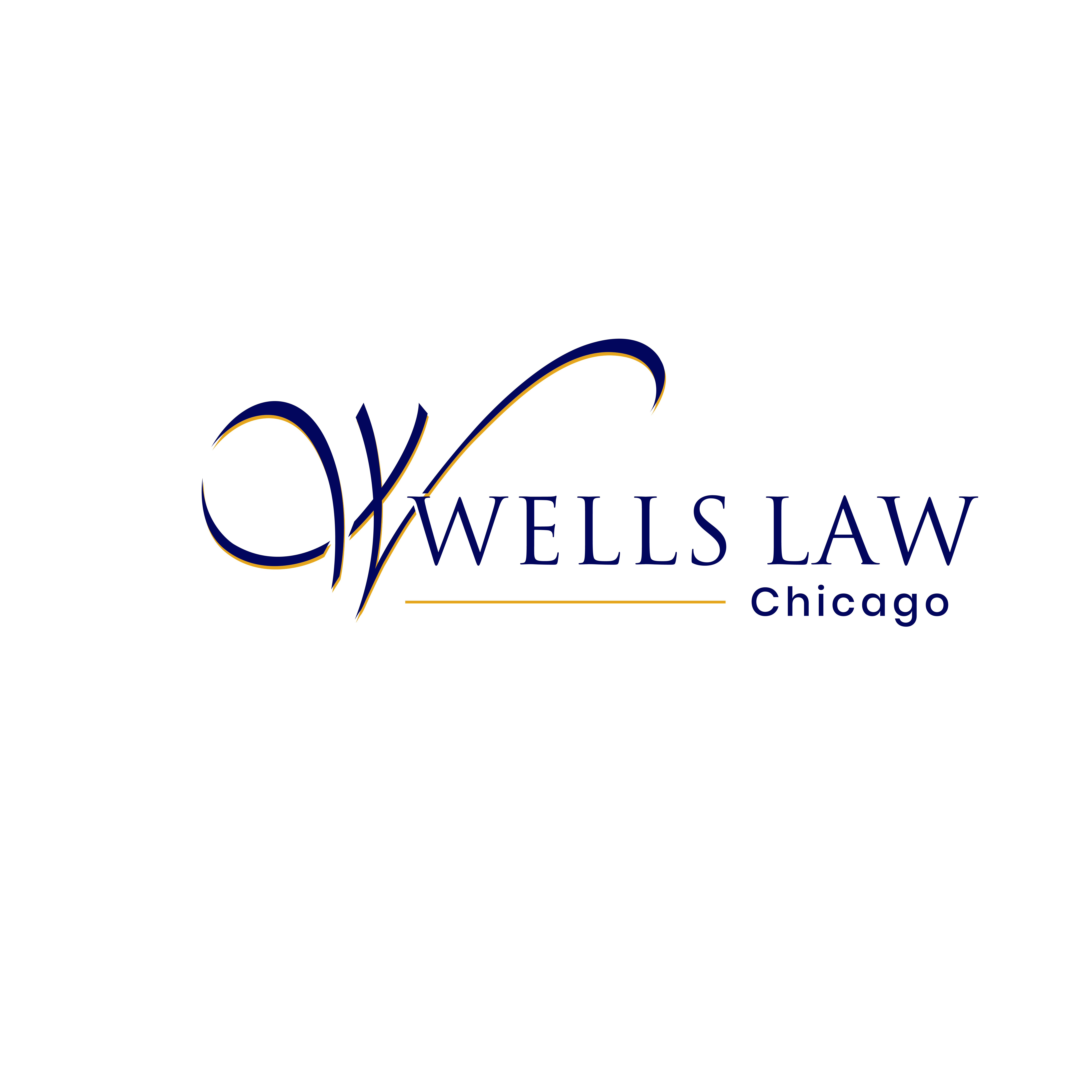The Fair Credit Reporting Act (FCRA) is a federal law that regulates the collection, dissemination, and use of consumer credit information. It was enacted in 1970 to promote accuracy, fairness, and privacy of consumer information contained in the files of consumer reporting agencies. The FCRA is designed to protect consumers from inaccurate credit reporting and ensure that they have access to their credit information.
One of the key provisions of the FCRA is the requirement that consumer reporting agencies provide consumers with a free copy of their credit report once every 12 months. This allows consumers to review their credit information and correct any errors that may be present. Additionally, the FCRA requires consumer reporting agencies to investigate disputes raised by consumers regarding the accuracy of their credit information.
Another important provision of the FCRA is the requirement that consumer reporting agencies maintain reasonable procedures to ensure the accuracy of the information contained in their credit reports. This includes verifying the accuracy of the information provided by creditors and other sources before including it in a consumer’s credit report. If a consumer disputes the accuracy of their credit information, the consumer reporting agency must investigate the dispute and correct any inaccuracies.
The FCRA also regulates the use of consumer credit information by third parties, such as employers, landlords, and insurance companies. These entities must have a permissible purpose under the FCRA to access a consumer’s credit report, and they must obtain the consumer’s consent before accessing their credit information. Additionally, consumers have the right to opt-out of pre-screened credit offers, which are based on information contained in their credit report.
In recent years, the FCRA has been used to combat the rise of robocalls, which are automated phone calls that deliver pre-recorded messages to consumers. Robocalls are often used by scammers to deceive consumers into providing personal information or money. The FCRA prohibits the use of robocalls for telemarketing purposes without the consumer’s prior consent. Consumers who receive unwanted robocalls can file a complaint with the Federal Trade Commission (FTC) or seek legal recourse with the help of a robocalls lawyer.
For consumers in Chicago who are dealing with unwanted robocalls, it is important to seek the assistance of a Robocalls lawyer Chicago who is well-versed in the FCRA and can help protect their rights. A robocalls lawyer can help consumers understand their rights under the FCRA, file complaints with the appropriate agencies, and pursue legal action against companies that violate the law. By working with a robocalls lawyer, consumers can take proactive steps to stop unwanted robocalls and protect their privacy and financial information.
For more information on Robocalls lawyer Chicago contact us anytime:
Wells Law – Chicago
https://www.wellslawchicago.com/
773-762-9104
122 S. Michigan Avenue, Suite 1390-145, Chicago, IL 60603
At Wells Law – Chicago we believe consumers deserve the same firepower as corporations. For over two decades, we have represented individuals and families harmed by inaccurate credit reports, background check errors, and identity theft that devastates financial standing and job opportunities. Our practice focuses on the Fair Credit Reporting Act (FCRA), Fair Debt Collection Practices Act (FDCPA), and Telephone Consumer Protection Act (TCPA).
We pursue justice for clients facing credit report mistakes, employment screening inaccuracies, and false debts that don’t belong to them. We defend consumers against abusive debt collection tactics, and we prosecute illegal robocalls and Do-Not-Call list violations. Wells Law has recovered millions for consumers, helping restore reputations, rebuild credit, and bring peace of mind.
Based in Chicago, Illinois, we represent clients locally and across the United States. Whether you are battling credit bureaus, debt collectors, background check companies, or telemarketers, Wells Law provides skilled advocacy and compassionate guidance. Start with a free case review today and put a proven consumer rights attorney on your side.


